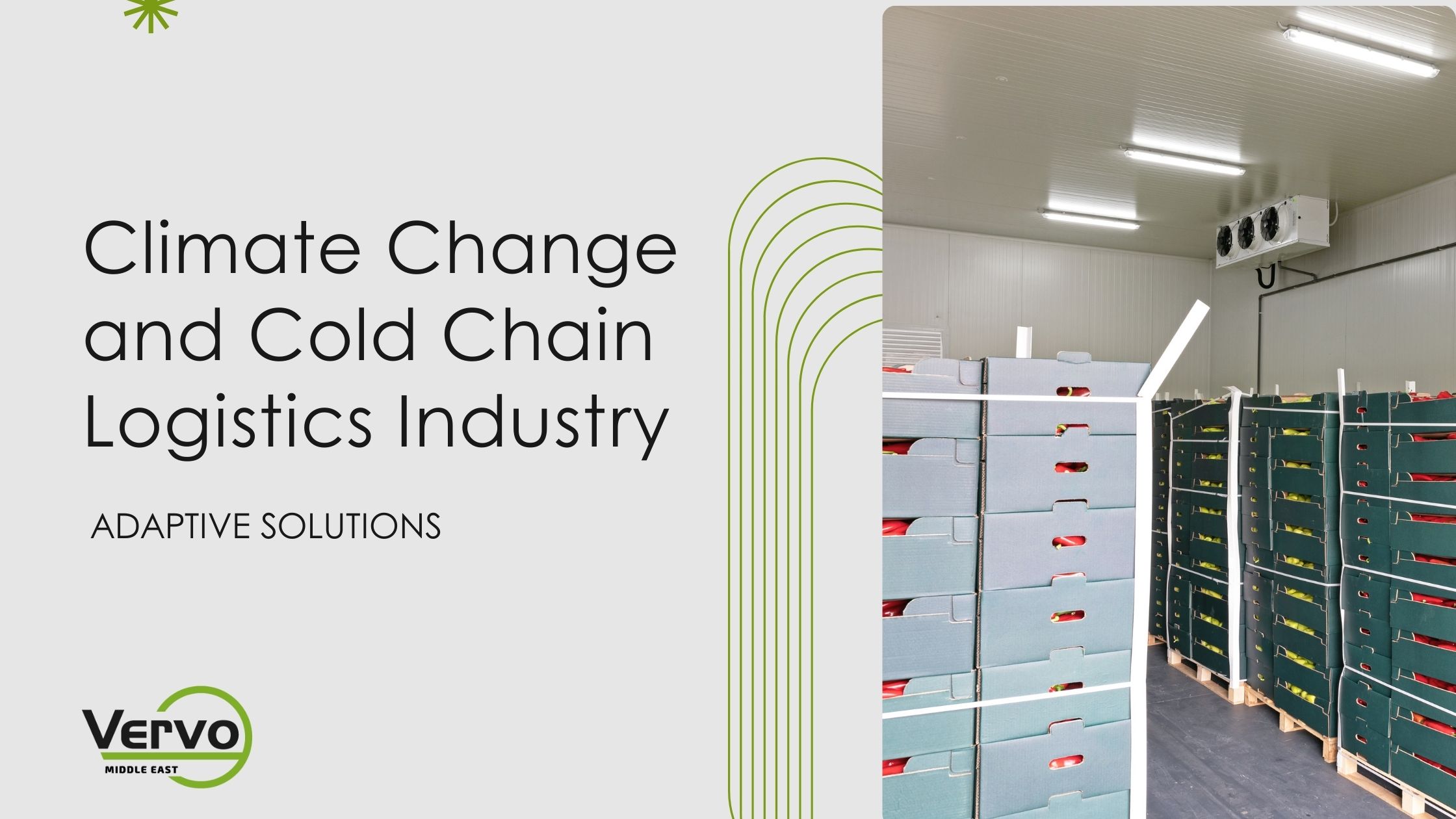Between 2019 and 2023, the UAE's meat trade experienced a robust annual growth rate of 12%. In 2023, market research valued the UAE meat market at approximately USD 3,198.14 million. According to the World Bank Import Data, the UAE imported fresh, chilled, or frozen meat and edible offal worth USD 2.35 million in 2023 from various countries. The majority of these imports came from Saudi Arabia, Egypt, Brazil, Australia, France, and Türkiye.
The total trade value across all meat categories reached an impressive USD 267.36 billion, as reported by Trade Map. The primary imports included frozen and fresh/chilled bovine meat (HS codes 0202 and 0201) and sheep and goat meat (HS code 0204), alongside edible offal from bovine animals and sheep/goats (HS code 0206). Notably, the UAE's share of global meat imports stands at 1.1%, placing it 24th in the world for meat importation.
In light of this quick market overview, we asked our logistics team to share with us all the regulations surrounding the import of frozen meat into the UAE. Let’s take a look! ⬇️
Frozen Meat: UAE Import Regulations
Below, we will outline the essential regulations for importing frozen meat into the UAE. Key requirements include obtaining an import permit, meeting halal certification and slaughter standards, submitting veterinary health certificates from approved facilities, maintaining frozen shipment temperatures, proper packing and labeling, and adhering to expiration date guidelines. This section outlines the key requirements in detail. 👇
✅ Import Permit: Before shipping frozen meat, an import permit must be obtained electronically through the Ministry of Climate Change and Environment (MOCCAE) via their online platform. The permit is valid for 30 days from the date of issuance and is required for customs clearance at the port of entry.
✅ Cargo Restrictions: Import of meats (fresh, frozen, or canned) and related cargo is banned from countries with epidemic diseases or from non-approved facilities.
✅ Halal Certification: All imported frozen meat shipments must include a "Halal" certificate proving the slaughter was conducted in accordance with Islamic law.
✅ Slaughter Details: The shipment must include the slaughter date, animal type, average age, and verification of the animal’s health as inspected by a licensed veterinarian no more than 12 hours before slaughter. Check this updated list of approved slaughterhouses allowed to export meats into the UAE. Overseas slaughterhouses can apply for UAE slaughterhouses accreditation online via the Ministry of Climate Change and Environment's portal.
✅ Meat Cleanliness: Frozen meat shipments must be free from internal organs, fat, kidneys, and other parts. Inspections upon arrivals must show quality characteristics (free from spoilage, rancidity, or other harmful substances).
✅ Veterinary Health Certificate: A certified health certificate, issued by the exporting country’s relevant authority, must accompany the shipment, confirming the type of meat, its samples, and that animals were not fed animal-based protein, fats, or animal waste. It generally certifies the cargo is fit for human consumption, and free of diseases such as foot-and-mouth disease, avian flu, and anthrax. It should also specify any additional testing conducted according to UAE laboratory standards.
✅ Frozen Meat Temperature: Frozen meat shipments must arrive within four months of slaughter and remain frozen at -18°C until delivery to consumers.
✅ Packaging and Labeling: Packaging must not leave any toxic residue or contaminate the meat. Meat or its parts must be wrapped in lightweight, breathable, and clean materials. Small frozen meat portions should be packed in waxed cartons or polyethylene with complete labeling details in both Arabic and English.
✅ Sealing and Marking: Chilled or frozen carcasses must be fully sealed and stamped with an official mark, including the country of origin, inspection status, slaughterhouse number, and slaughter date.
✅ Direct Shipment and Processing: Meat must be shipped directly from the country of origin to the UAE, in sealed and tamper-proof containers, without stopping in a third country unless unavoidable. Processing (repacking, cutting, canning, etc.) in third countries is prohibited, although transit through a third country's port is allowed if the container remains sealed.
✅ Conditions for Transit: Meat containers must not be exposed to harsh weather during transit, and containers should not be opened at any transit point. Transit ports must have high-standard equipment to maintain these conditions.
✅ Mandatory and Voluntary Expiration Periods:
The expiration and production dates must be clearly labeled clearly, terms like "Best Before" and "Use By" are mandatory. Handwritten dates are not accepted; dates must be printed and hard to remove. Additionally, dates should be in DD/MM/YYYY format for products with a shelf life of less than six months, and MM/YYYY for products with a shelf life longer than six months. They must be in Arabic, English, or both. The following tables outline the mandatory and voluntary expiration periods for various chilled and frozen meat and meat products as specified by the UAE's Food Control Department under the import and re-export requirements for foodstuffs.
1️⃣ Mandatory Expiration Periods of Chilled Meat: (-0.5 ±1) °C
|
Product |
Type of Packaging |
Expiration Period |
Notes |
|
Chilled meat packed under carbon dioxide atmosphere |
Suitable Containers eliminating gases exchange |
90 days from slaughtering date |
Temperature (-0.5 ±1) °C |
|
Edible organs and viscera such as kidneys, heart, brain, tongue, and poultry giblets, etc. |
Suitable containers |
7 days |
Except brain and testis. Expiration period should not exceed 5 days from slaughtering date. |
|
Edible organs and viscera packed under vacuum in suitable plastic containers |
Packed under vacuum in suitable plastic containers |
51 days from slaughtering date |
Temperature (-0.5 ±1) °C |
|
Edible organs and viscera packed under carbon dioxide atmosphere in suitable containers |
Packed under carbon dioxide atmosphere in suitable containers |
90 days from slaughtering date |
Temperature (-0.5 ±1) °C |
|
Beef and buffalo meat |
Suitable containers |
21 days from slaughtering date |
– |
|
Mutton and goat meat |
Suitable containers |
14 days from slaughtering date |
– |
|
Meat packed under vacuum |
Plastic containers |
10 weeks from slaughtering date |
– |
2️⃣ Voluntary Expiration Periods of Frozen Meat (–18) °C
|
Product |
Type of Packaging |
Expiration Period |
|
Beef, buffalo, mutton, and goat meat |
Suitable containers |
12 months from slaughtering date |
|
Minced meat, burger meat, sausages, liver |
Plastic containers |
9 months |
|
Edible organs and offal's: kidneys, heart, tongue, tripe, poultry giblets, etc. |
Suitable containers |
6 months |
|
Brain, testis |
Suitable containers |
4 months |
|
Kidneys |
Suitable containers |
9 months |
|
Kabbah and Kofftah |
Suitable containers |
9 months |
Frozen Meat: UAE Shipping Documentation
All documents must be addressed to the UAE importer only, main shipping documents needed for customs besides the ones we mentioned earlier include bill of lading, packing list, customs declaration, and certificate of origin. If documents are not in Arabic, certified translations are required. Additionally, any customs duties and fees must be paid online in advance. Note that documentation for food imports apply to frozen meat cargo. If a shipment is found unfit for consumption due to contamination or mislabeling, it will be either re-exported or destroyed. To avoid frozen meat shipment rejection at UAE customs, make sure that:
- Products don’t exceed 50% of their shelf life upon arrival.
- Correct expiration dates are indicated.
- Labels contain all the information we mentioned earlier.
- No banned additives or preservatives.
- Food meet biological, microbiological, and chemical standards.
- Labels are in Arabic or English, or both.
- Both expiration and production dates are printed on the product or container.
There are other customs-related certificates listed by Sharjah Airport as part of documents needed for food imports including meat shipments. Those include certificates for destruction, export, rejection, irradiation, analysis, and classification, with specific fees applicable to each type. Temperature violations, missing info on the labels, incomplete documentation, or improper packaging, will lead to the cargo rejection! Remember to take a look at our full guide on customs regulations for UAE food imports to familiarize yourself with the detailed labeling instructions, banned additives, UAE food standards, and other reasons for rejection.
Frozen Meat: UAE Customs Inspection and Clearance Procedures
Frozen meat shipments are subject to thorough inspection upon arrival. All relevant documents must be submitted electronically for preliminary customs approval via the MOCCAE online platform or the UAE Federal Customs Authority portal, and the original copies must be presented within 14 days if requested to avoid any delays in customs processing.
Inspections include verifying the validity of the health certificates and ensuring compliance with halal standards. Certain food items are subject to laboratory analysis to examine the condition of the packaging and meat quality, which can take 3-4 working days.
Shipments that pass visual inspections without the need for sample testing may be cleared within one hour, depending on the number of packages. When required to submit food samples for testing, visit the Public Health Department’s website.
Got a frozen meat cargo to import into the UAE? Send us your cargo details and logistics needed for an end-to-end quotation:




